Novelists, Inc. Conference St. Pete Beach Oct. 2014
The Novelists, Inc. (Ninc) conference is the only writers’ conference focused solely on the business of writing. To become a member, you must show proof of two published novels. This is not the place to promote your work, pitch to agents or pick up new fans. It’s primarily a learning experience. You go here to learn what’s new in the business, what’s to come, and how to approach the many aspects of running a small business in the publishing field.
Of course, meeting old friends and making new ones is the benefit of any conference and this gathering was no exception. People came from across the country, enjoying the perfect Florida weather and beachfront setting.
Photo 1: Nancy J. Cohen, Annette Mahon, Carole Nelson Douglas, Laura Resnick
Photo 2: Nancy J. Cohen, Terry Odell, Karla Darcy
Photo 3: Donna Andrews, Carole Nelson Douglas, Nancy J. Cohen
Photo 4: Sophia Knightly and Nancy J. Cohen
First Word Thursday: The Future Of Publishing, Part 1
Any errors in this article are due to my interpretations. As many ideas flew back and forth during each session, I will mention what I gleaned from the panels, and you can take from it whatever serves your needs.
Nine industry guests discussed the partnerships between authors, publishers, and agents. Journalist Porter Anderson moderated.
A partnership is a power relationship. Consider where the power lies in each transaction. Ask yourself what your skills are, what partners have complementary skills, and who has the scale to utilize these skills to your benefit. Partnership implies equality, but at the end of the day, it’s your business and what you, as the author, have created. You want partners who can connect your book with a wide audience in new ways. Also, know the financial health of your potential partners.
One speaker was concerned that companies with enormous “scale” had their own agendas. They focus on profits rather than on promoting each title in a sustainable way. Publishers are making more profits today and more margin on e-books even when they say they’re hurting. Incumbents like the Big 5 are the least likely to innovate.
As an author, try to retain as much control as possible. Allow for new avenues to explore but examine them from all angles. With the advent of new technologies, look for shorter terms in your contracts so these new models can be tested and evaluated.
The key to partnership is mutuality. Traditional publishers must be more willing to let their writers go, because once your titles go backlist, you lose the mutuality. Print on demand and e-book publishers should not keep a book in print unless the author is making real money.
Competition drives innovation. Google could become a viable competitor to Amazon.
The most important relationship an author has is with his readers. What you write has to connect with your readership. Write consistently. Target your audience and determine how to reach them. Continuance between the author and reader is important whatever the distribution route. Unfortunately, often authors talk to other authors and sell to other authors. Focus on your readers.
Bringing back the mid-list has been the biggest benefit of digital publishing. However, there’s a glut of writers out there, so the solution is to increase demand. Society and culture need to make reading a valuable pastime. Let kids read fun books instead of classics in school. Every one of us should be involved in turning people into readers. How to sell books in a sustainable way is a critical issue.
One of the keys to self-publishing is for bookstores to open to indie authors. The recent deal between bestselling author Barbara Freethy and Ingram is encouraging.
BookLamp analyzed the contents of a book and gave recommendations to readers based on the text. (This startup has been bought out by Apple.) Authors collectively have power and should ask more questions about their data.
A discussion came up on the pressure for authors to produce more and faster in the digital age. Quantity should not be versus quality.
The author on the panel spoke about how iBooks is her number one retailer. She is totally self-published. After taking years to write her first few books, she put them all up at once. Now she’s a self-sustainable, bestselling author. She has an international Street Team that helps spread the word about her books. Her encouraging words: “You can make a living without being a household name.”
What do international readers want? Amazon is starting to look at the translator marketplace.
Coming Next: Yo! Here I am! Buy me!
See all of my Photos in the Ninc album on my Facebook Page




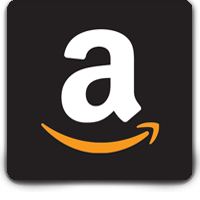
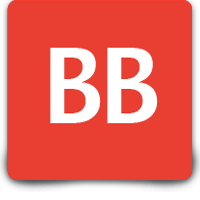










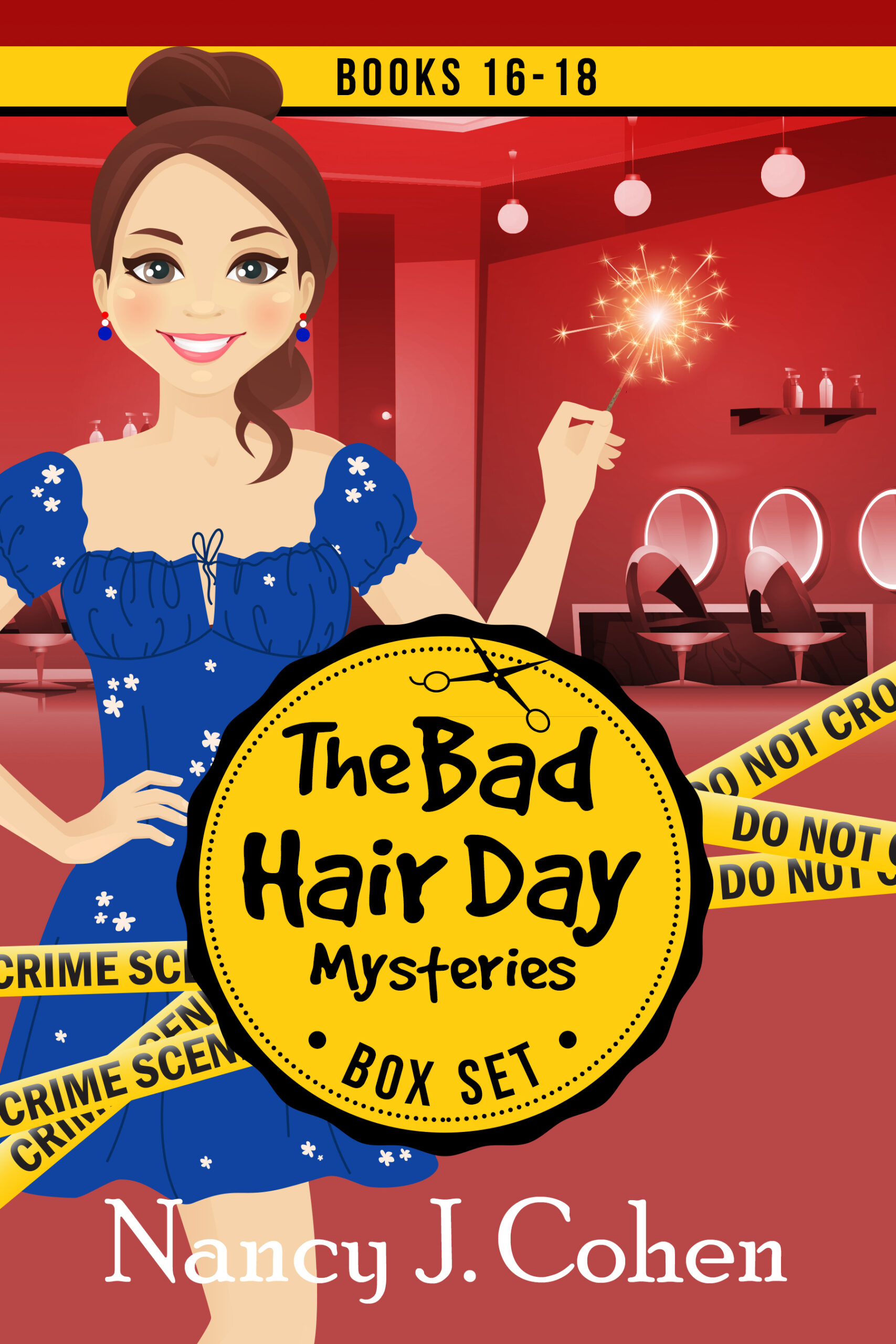







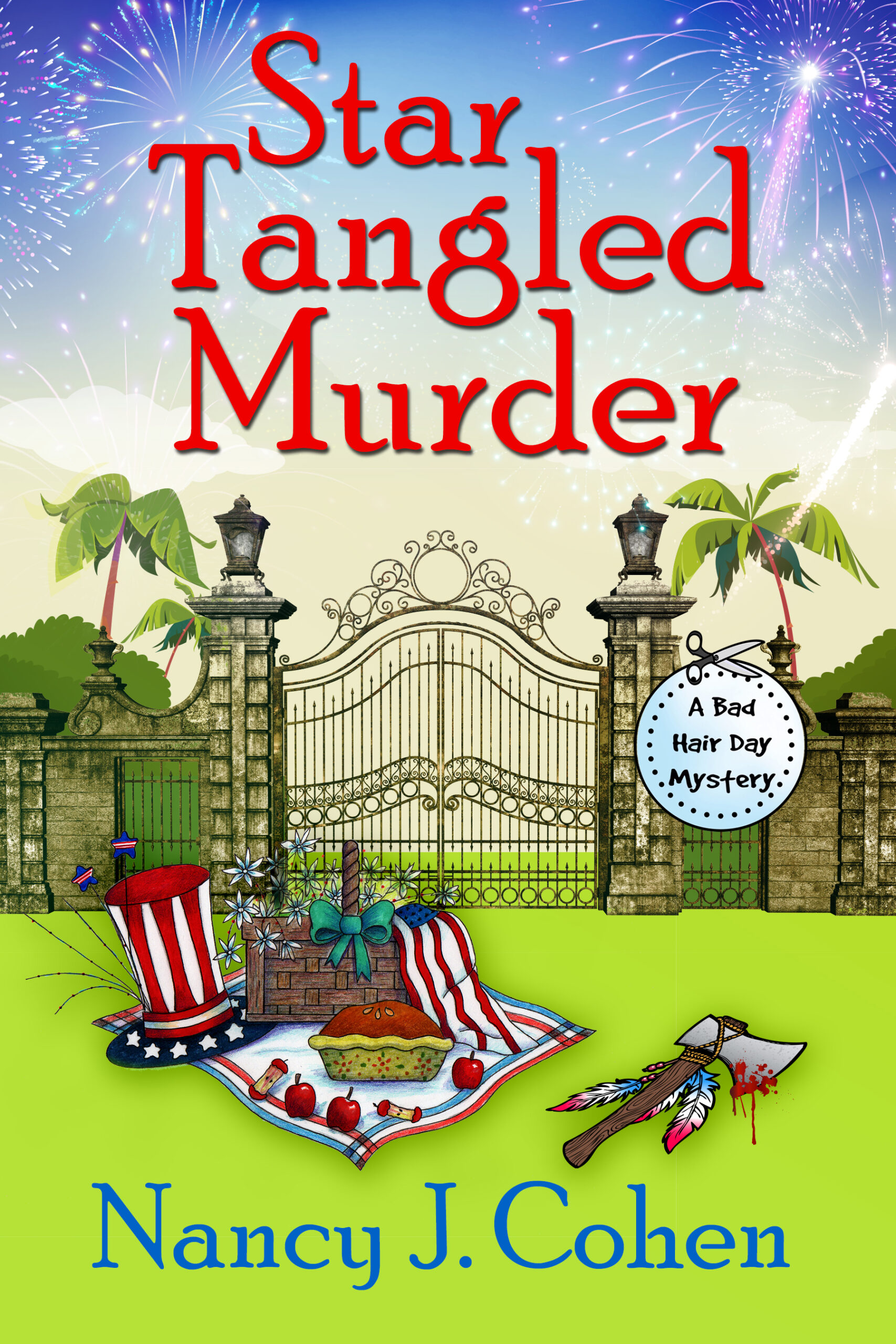

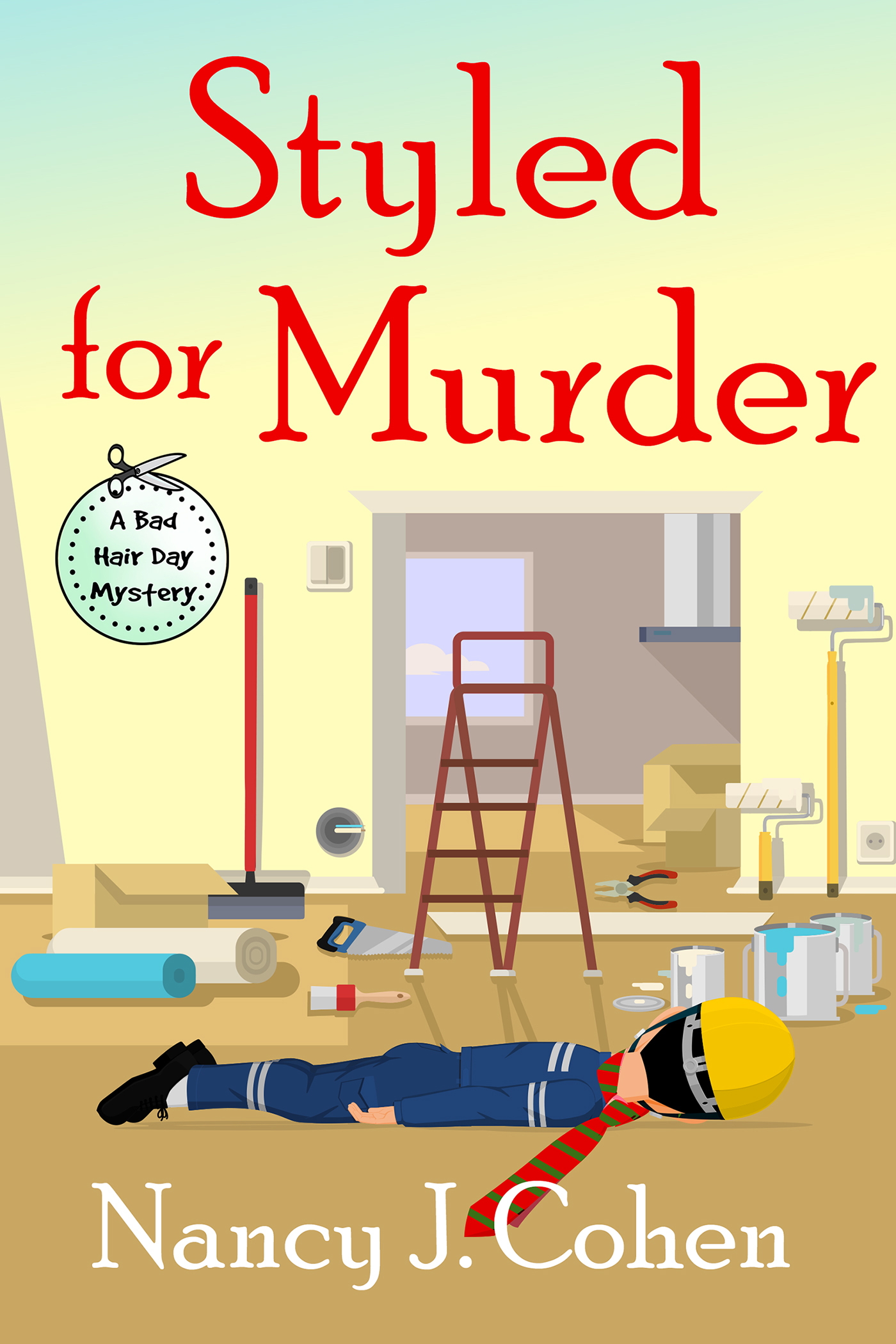
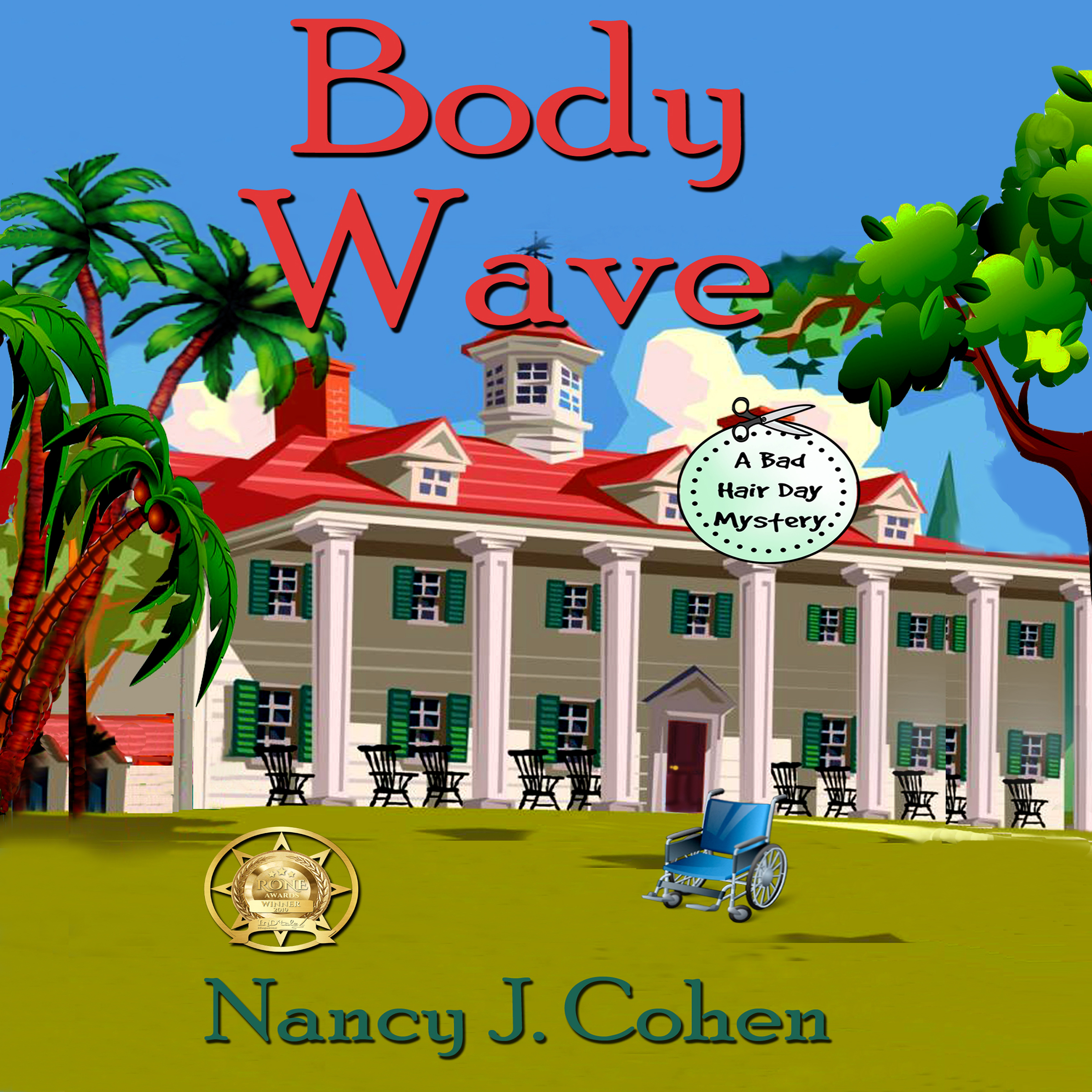


Hi, Nancy,
I really appreciate your post and the time you took to listen so carefully and take notes and share what you learned with the rest of us who weren’t at the conference. I have a couple of questions: first, when the panelist talked about POD and ebook publishers that shouldn’t keep a book in print unless the author was making “real money,” did he or she say what was meant by “real money” and second, do you have the name of the author on the panel who said that iBooks is her best retailer? I’d like to have a look at her website/blog. Many thanks!
There was no specific monetary amount mentioned that I noted, except that an out of print clause should give a specific amount of income as a guideline. This refers to contract terms and defining what it means for a book to be out of print, so an author can request rights reversion. Like, if the book earns less than $250 per year, it is considered out of print. This is an example only. Ask your agent or literary attorney to get as specific as possible in your contract terms defining this clause. As for the author, check out Liliana Hart. And by the way, I have 62 pages of notes, so stay tuned for more!
Thank you!!
Enjoying your recaps (I didn’t take any pictures!) and will be posting mine starting tomorrow, but I think we both had the same takeaways from this opening panel discussion.
I’ll retweet you once you start posting. It’s going to take a while to write up all these notes and organize them.
One of the reasons I brought my laptop to sessions. Much easier to take those notes and get them into blog posts. I’ll be continuing my Monday/Thursday schedule until I run out of recaps.
Nancy,
Thanks for sharing this info with us. Much appreciated.
Thank you for stopping by, Jacqueline!
Great notes, Nancy. There is so much to hear and learn at every NINC conference, it’s nice to have a recap in addition to my notes.
Doing these recaps helps me to absorb the material. It comes at you fast and furious during these sessions.
Excellent recap, Nancy. Thanks so much for sharing! Your notes are way better than mine!
This is after I reorganize what I wrote. Great seeing you there.
Very good intel,as usual
Thanks, Carol.
Great notes, Nancy. Much more coherent than my notes. You’re very gracious to share. Love the picture of you, Terry Odell and me. What a fun conference!
It was great to see you there!
As always, an informative article. Thank you for sharing.
I appreciate your stopping by, Gregg.
Nancy, I didn’t know there was a conference for authors specific to the business of publishing. All this info is from one panel? I’ll put it on my radar for next year!
Ninc is a fabulous conference and one that’s very important to all career authors. Even one of the panelists recognized this. He said the Ninc conference was different from any others he’s attended because “you’re all professionals.” Ninc is solely about the business of writing.
Kasey Michaels here, conference chair. Hi, Catherine. Our conferences are limited to Ninc members…and you definitely want to be one! All you need do is go to http://www.ninc.com and check out the first page — hotlinks to who, what we are, the qualifications necessary to join, and the application form. Hope to see you as a part of Ninc!
I need to join NINC! I was very interested in everything you shared, and I was especially interested in your answer to the first question. Backlist books making less than $250 (gross or royalties?) was big news to me. This sounds like we could be hurting ourselves by having backlist titles out there. Some of my backlist titles easily make this, but others lag behind, though the numbers are fluid every year. I thought one of the benefits of the e-revolution was that your backlist titles would be perpetually available. Now I’m not sure what to do…
Yes, you really should join Ninc. Their newsletter alone is worth the price of membership.And you’ve misinterpreted my remark. That $250 was a sample benchmark for a reversion clause referring to out of print definition. I’d better fix that.
Excellent, Nancy. As always, thanks for sharing.
I appreciate your stopping by, Carole!
Excellent recap, Nancy! I really need to finish typing up my own notes!
Thanks, Neil. My posts will be ongoing. It was great to see you at the conference!
Nancy, thank you for this and the remaining summaries. I heard good things about this conference from my publisher and a few other authors. I hope to see you there next year.
I will likely be going to Bouchercon next year instead, but you can go and take notes at Ninc to share!
Excellent notes, Nancy, thanks for sharing with the rest of us. I see so many friends in your photos. Now how to do Bouchercon and Ninc both next year!
These conferences are a week apart next year. It would be a tough call to do both. I’d like to make a trip out of North Carolina where Bouchercon is being held.